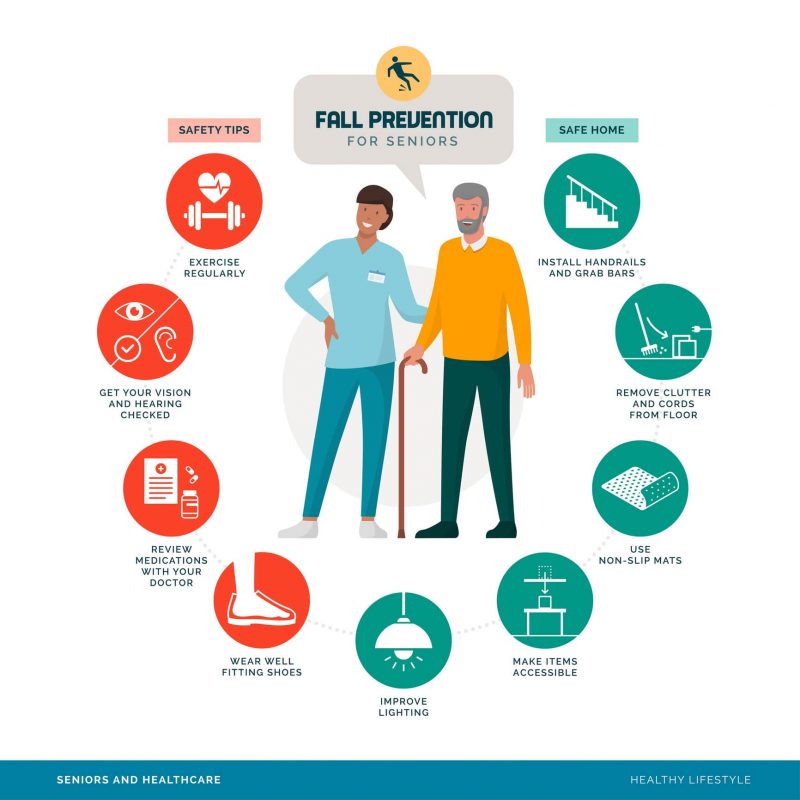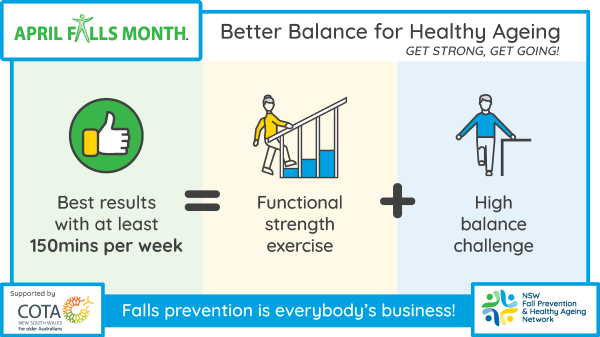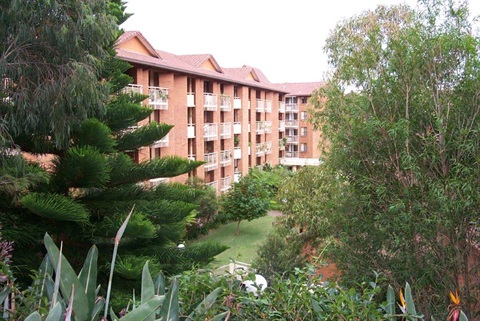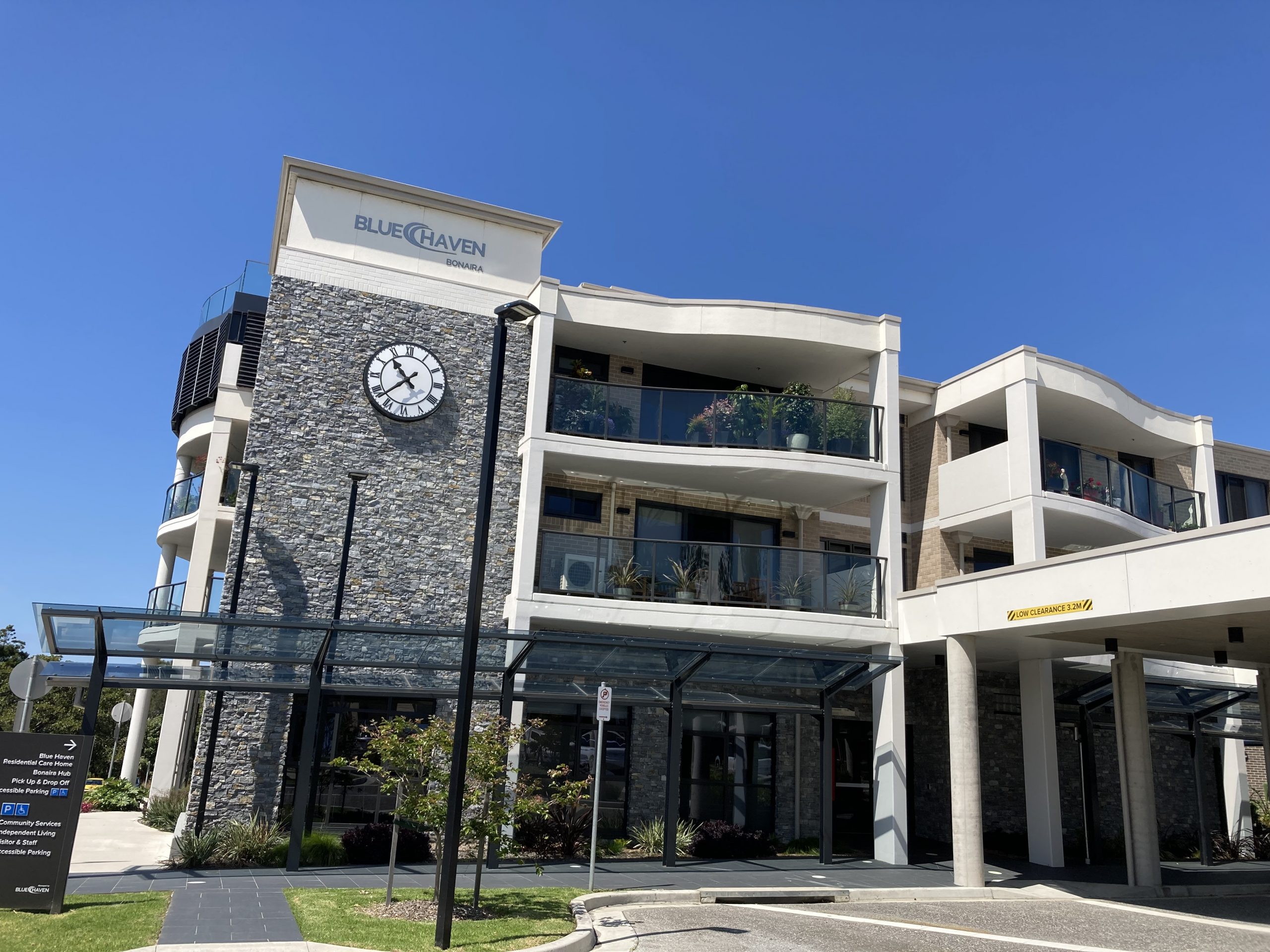Falls are a major concern for people over 65. 30% experience a fall and 37% of injury-related deaths are caused by falls. Good balance and strength are important to reduce the risk of falls. It’s also important to understand common risks such as poor physical fitness, environmental hazards, sensory problems, and medical conditions. Everyone can take steps to prevent falls and reduce their serious consequences.
Common factors involved in falls in residential aged care include:
- Physical impairments such as weakness, balance problems, and mobility issues.
- Environmental factors such as cluttered walkways, slippery floors, and poor lighting.
- Medications that cause drowsiness, dizziness, or impaired balance.
- Chronic conditions such as Parkinson’s disease, arthritis, and stroke.
- Cognitive impairments such as dementia and confusion.
- Urinary incontinence and related urgency to use the toilet.
- Inadequate staffing levels and lack of assistive devices.
- Inactivity and sedentary behaviour.
A team approach to reducing falls
- Conducting regular assessments of residents to identify fall risk factors, including physical, cognitive, and environmental factors.
- Implementing individualised care plans that address specific fall risk factors, such as strengthening exercises, medication adjustments, and environmental modifications.
- Providing adequate staffing levels to ensure adequate supervision, assistance, and response to changes in residents’ physical or cognitive abilities.
- Regularly reviewing and updating care plans and assessments to ensure they remain effective in reducing fall risk.
- Providing training and education for staff, including fall prevention strategies and emergency response procedures.
- Involving families and caregivers in the care plan and keeping them informed of changes and progress.
- Implementing regular environmental checks to identify and address potential hazards, such as cluttered walkways, slippery floors, and poor lighting.
- Encouraging residents to participate in physical and social activities to maintain physical and cognitive abilities and reduce sedentary behaviour. For best results > 150min/week is recommended.
- Collaborating with other healthcare providers, including pharmacists and physical therapists, to ensure medications are safe and effective and that residents receive appropriate rehabilitation and exercise programs.







